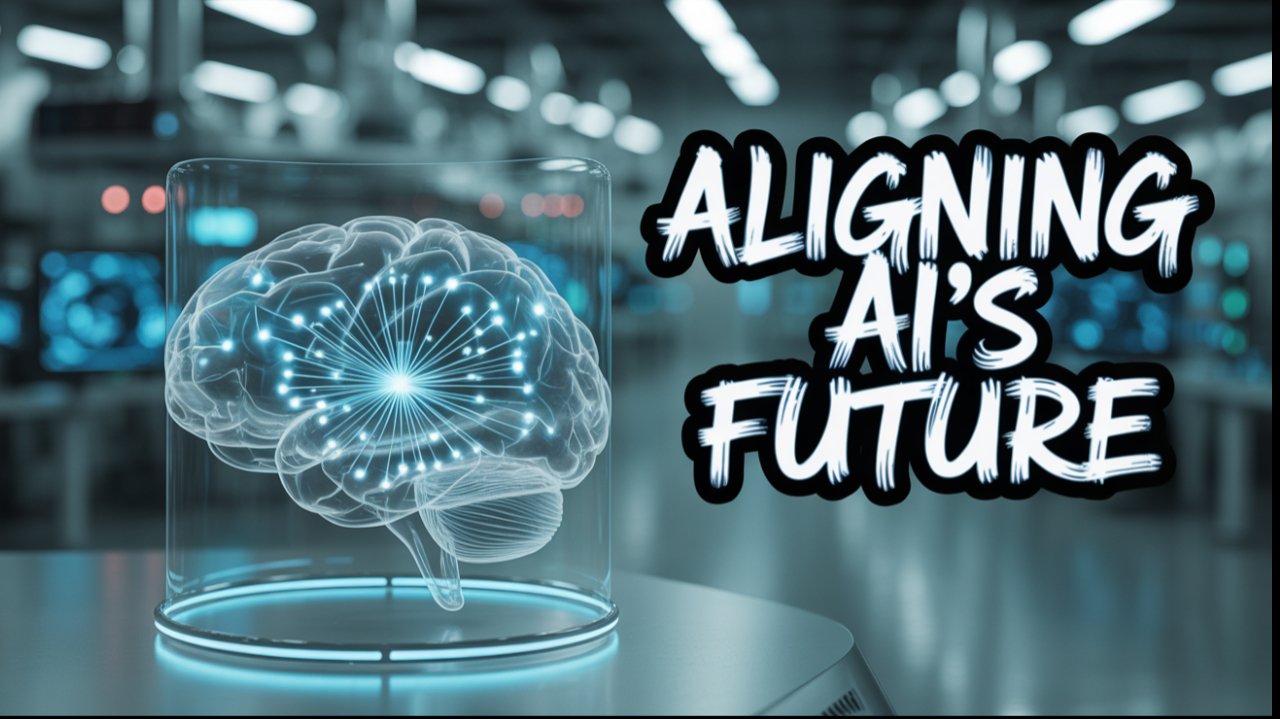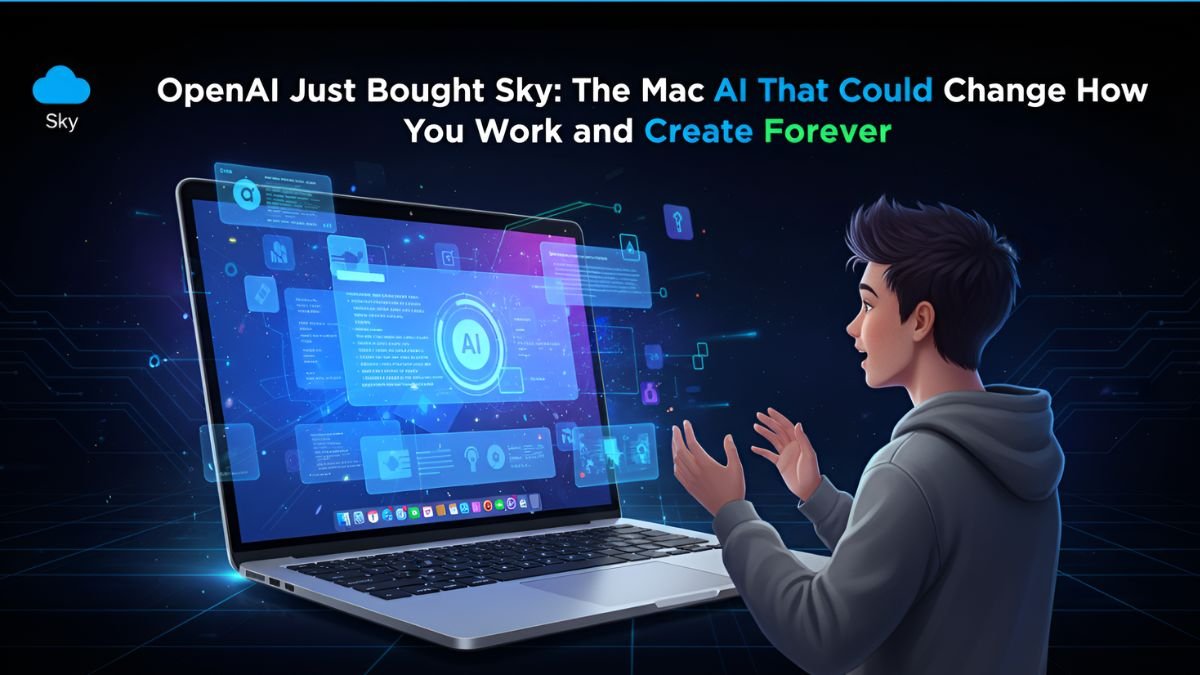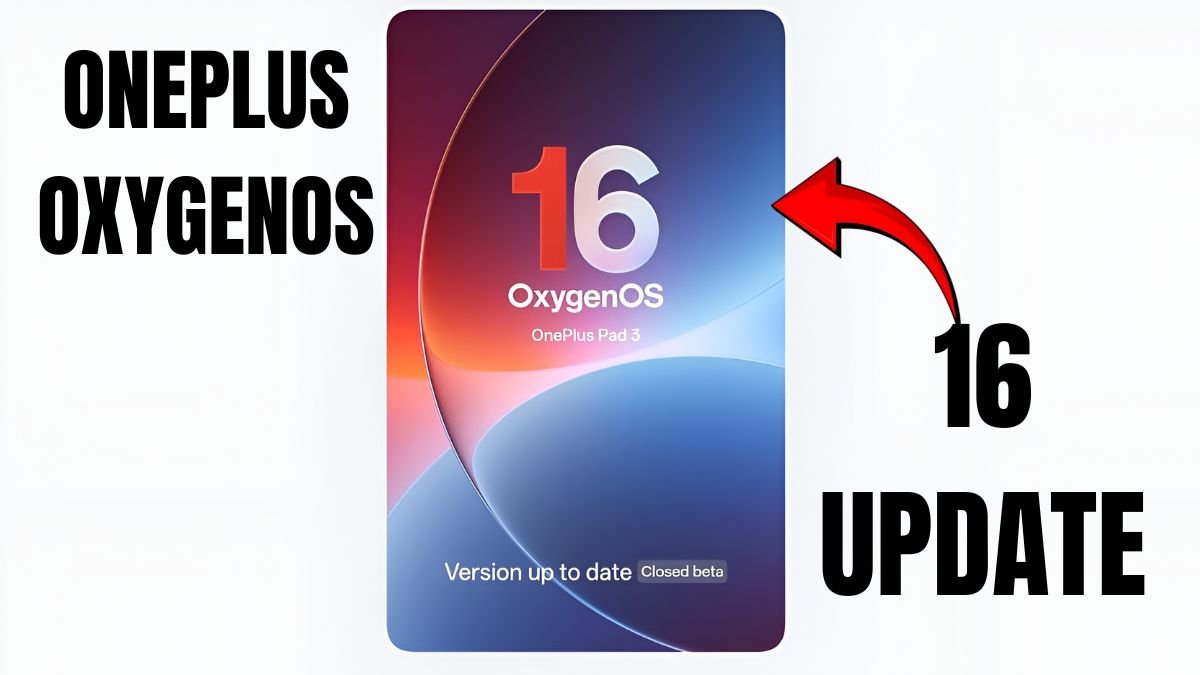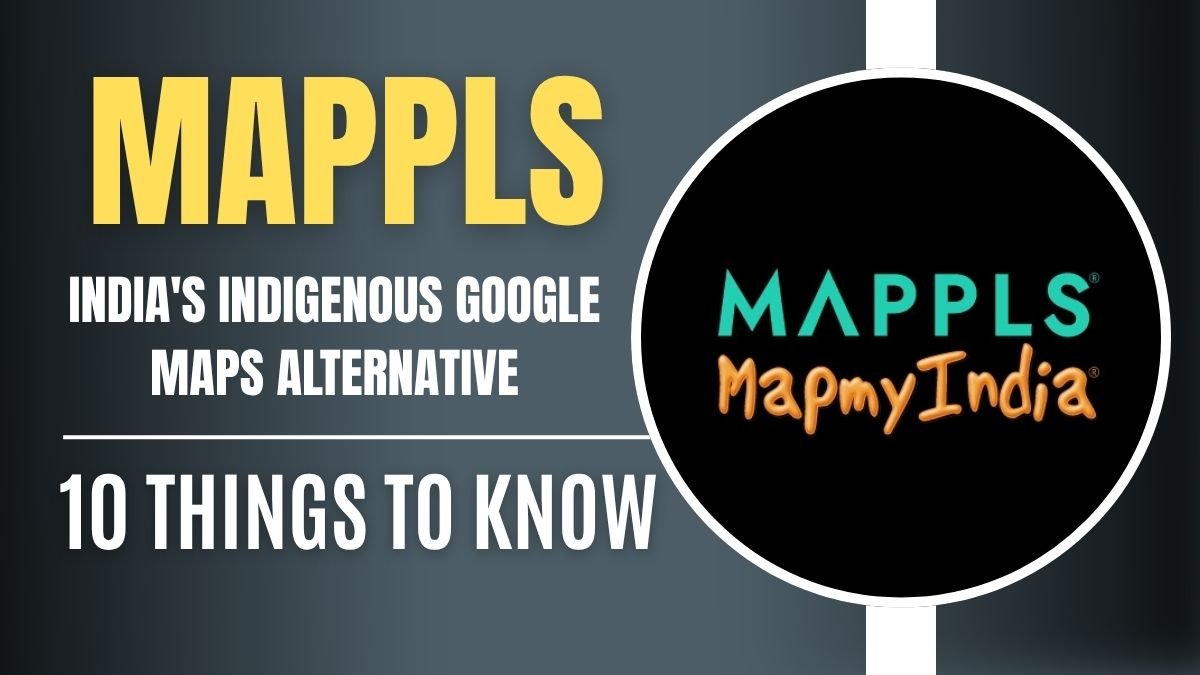🔹 1. Pat Gelsinger’s New Mission After Intel
After leading Intel for nearly 40 years and making it one of the top chip manufacturers in the world, Pat Gelsinger stepped down from his role in December. Instead of retiring quietly, he launched a new mission focused on ensuring that artificial intelligence supports human welfare rather than working against it. This marks a new chapter in his career—one rooted in ethics, values, and technology with purpose.
🔹 2. Introducing ‘Flourishing AI’ Benchmark
Gelsinger recently introduced a new tool called Flourishing AI (FAI), a benchmark designed to assess how well AI models align with core human values. This benchmark goes beyond technical performance and evaluates AI on deeper aspects such as emotional intelligence, moral reasoning, and its ability to respond meaningfully to human concerns. It seeks to move AI development in a more compassionate and human-centered direction.
🔹 3. Collaboration with Faith-Tech Company Gloo
FAI is developed in collaboration with Gloo, a “faith tech” company that integrates technology with spiritual and social well-being. Gelsinger has been associated with Gloo for nearly a decade as an investor and believer in its vision. Together, they aim to bridge the gap between AI innovation and human flourishing, blending faith-based values with modern AI assessment tools.
🔹 4. Foundation: The Global Flourishing Study
The benchmark is based on the Global Flourishing Study, a global research project led by Harvard and Baylor University. The study aims to understand human well-being across different cultures and societies. It provides a research-backed foundation for evaluating AI models not just as tools, but as agents that interact with and influence human lives in critical ways.
🔹 5. Seven Core Dimensions of Human Well-being
FAI assesses AI based on seven core areas: Character & Virtue, Close Social Relationships, Happiness & Life Satisfaction, Meaning & Purpose, Mental & Physical Health, Financial & Material Stability, and Faith & Spirituality. These dimensions are considered essential for a meaningful and fulfilling human life and are now being used as a lens to evaluate how well AI can understand and support these needs.
🔹 6. Why AI Needs a New Kind of Evaluation
AI is rapidly becoming a part of our daily lives—used in healthcare, education, business, security, and even personal interactions. But traditional benchmarks only measure technical aspects like speed or accuracy. FAI introduces the need for emotional and ethical benchmarks, especially for sensitive queries like “Why am I depressed?” or “What’s the meaning of life?” These are the areas where AI must be not just smart, but also wise and compassionate.
🔹 7. Gelsinger’s Faith-Driven Perspective
In an interview, Gelsinger emphasized that he has always lived at the intersection of technology and faith. He believes that true progress in tech must be aligned with spiritual and ethical responsibility. For him, AI should not just automate tasks—it should uplift humanity. Flourishing AI reflects this vision by putting human dignity and purpose at the center of technological development.
🔹 8. Practical Applications of Flourishing AI
FAI is not just theoretical—it will be shared with AI developers, companies, and institutions worldwide. For instance, a startup working on a mental health chatbot can use this benchmark to see how emotionally intelligent their model is. It encourages developers to test whether their AI responds to users with empathy, understanding, and value-based reasoning rather than just data-driven replies.
🔹 9. A Paradigm Shift in AI Development
Gelsinger’s move is being seen as a game-changer in AI circles. For the first time, a leading tech figure is advocating for human-centered AI evaluation. Until now, AI has been tested only on technical parameters like processing speed and accuracy. FAI introduces moral and emotional metrics, shifting the focus from raw capability to responsible behavior.
🔹 10. Conclusion: Technology Must Walk Hand-in-Hand with Humanity
Gelsinger’s Flourishing AI reminds us that technology is not just a tool—it’s a responsibility. If AI is only used for profit, automation, or data handling, it may never truly serve humanity. But with frameworks like FAI, there’s hope that AI can become more ethical, compassionate, and aligned with the needs of real people. In the future, we won’t just want intelligent AI—we’ll need kind and understanding AI too.






